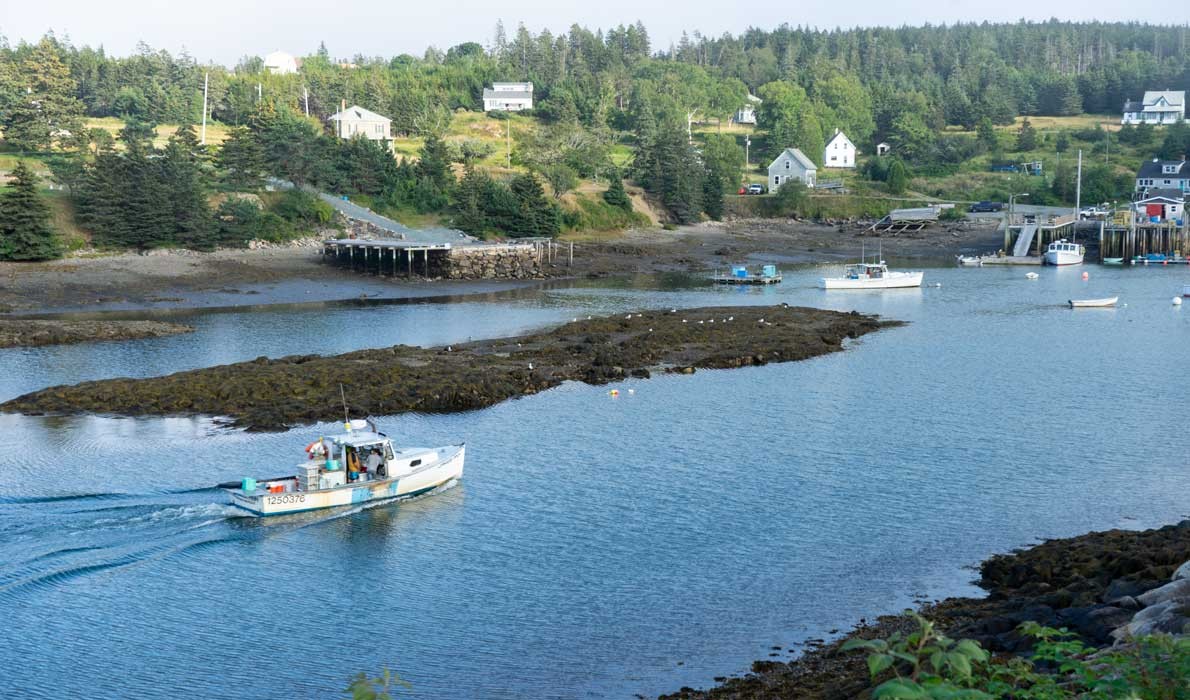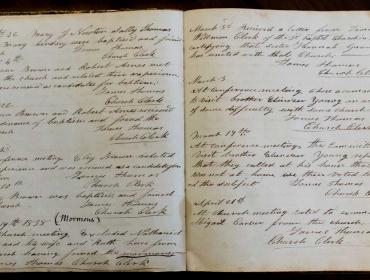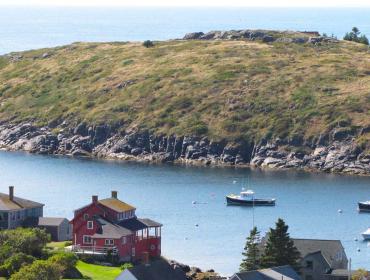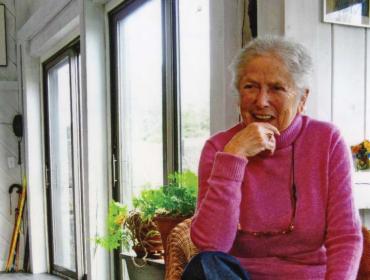Posted July 2, 2020
Last modified July 2, 2020
Reflections is written by Island Fellows, recent college grads who do community service work on Maine islands and in coastal communities through the Island Institute, publisher of The Working Waterfront.
By Natalie Hyde-Petersen
There are a lot of big and important things going on right now, and at least for me, the need to engage productively with current events on all their different levels can be overwhelming. A newspaper is probably not where you go for respite, reader, but for these few paragraphs, that is what I have decided to write.
It’s important to take the moments of rest that are needed to keep ourselves from burning out, especially when we collectively experience the kinds of things currently happening around us and to us. We’re going to need perseverance, which means we’re going to need rest. So let’s take a break, and then, let’s get back to work.
A few months ago, I was assisting in the classroom here on Frenchboro during a session with the school guidance counselor. The subject of the day was coping skills; the students spent the time learning different strategies to use when they felt anxious, overwhelmed, or frustrated. The teacher and I were there to assist the guidance counselor, but ended up learning alongside the students.
What stuck with me most were the grounding exercises, my favorite of which was to identify five things you can see, four things you can hear, and so on, for the five senses. The point of such an exercise is to “ground” you by pulling you out of your own head and the anxiety that inhabits it, and bringing your awareness back to your immediate physical environment and your body, providing a brief moment of comfort and perspective.
So as I sit in my hammock, on my front porch, on an early June afternoon, working on a draft of something that will eventually go into The Working Waterfront, I’ll take a minute to do an abbreviated version of this exercise, and I encourage you, wherever you are, to give it a try yourself.
I see new leaves and flowers on my neighbor’s maple tree. I see the columbine in my garden just about to bloom at a time that would be late for the mainland but is right on schedule for us out here in the Atlantic.
I hear a nest full of baby grackles in the spruce tree across the road, begging for food, sounding more like their parents every day. I smell fresh cut grass. I live in the parsonage here on island, and my neighbors on three sides are the church, the school, and the library. All four lawns are mowed by community members who take turns volunteering for the task, and we’ve just gotten around to them for the first time this season in the past few days.
I feel the temperature slowly rising as the day goes on and summer approaches. In less than an hour the sun will hit my hammock, which is shaded now by my house, and I’ll stop writing.
I taste lettuce, which I grow in a window box on my porch and snack on when I water my other plants.
I hope you don’t mind that I haven’t tried to offer profound observations about my work or my community’s place in the world; if I had much of value to add to the conversation, I would. This is my contribution: a little break.
While relentless uncertainty swirls around in the world outside, I think it’s important to punctuate our engagement in society with moments of rest and awareness. It doesn’t fix everything, but it helps.
Natalie Hyde-Petersen is working with the Frenchboro community to expand enrichment opportunities for students at the one-room school on the island, including planning field trips and developing school garden programs and curriculum. She is also working on projects with the Maine Coast Heritage Trust and the town’s public library. She graduated from Gordon College in Massachusetts with a degree in linguistics and a concentration in psycholinguistics.

Contributed by




